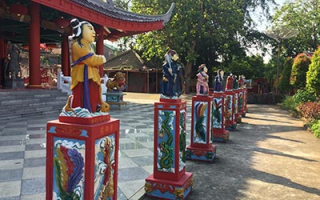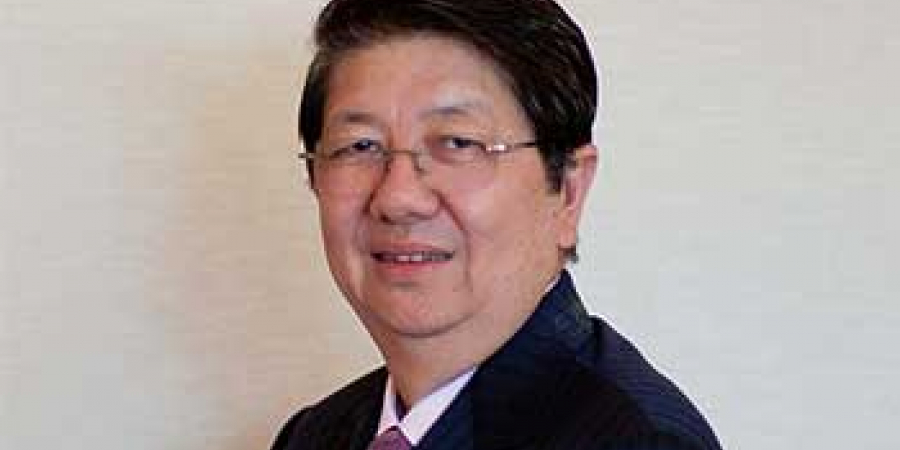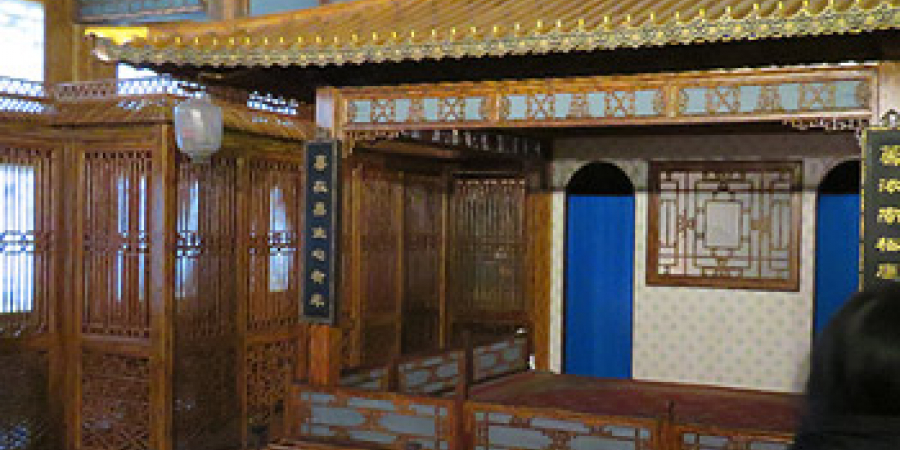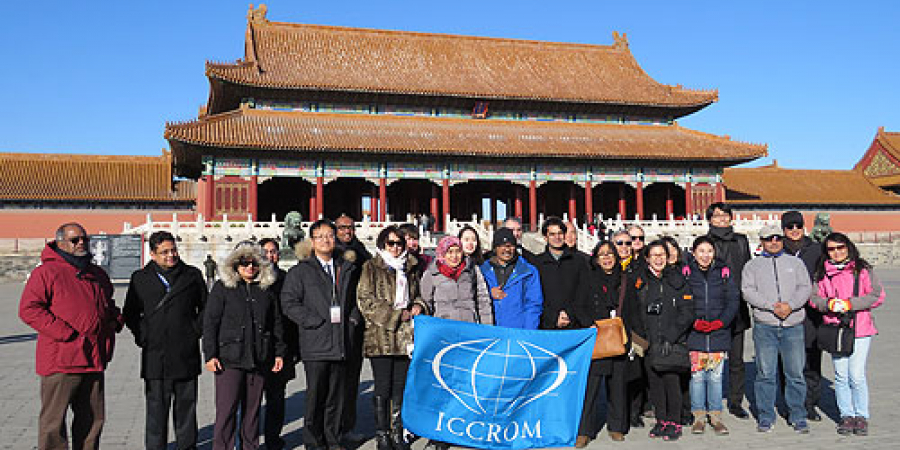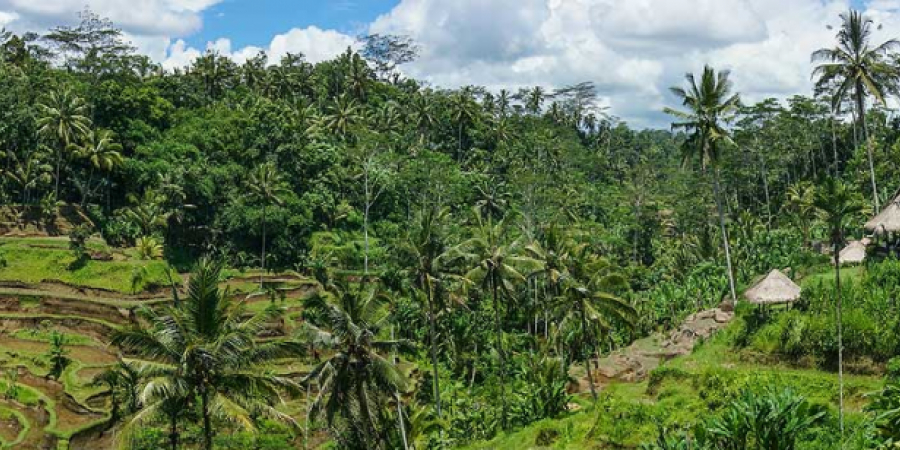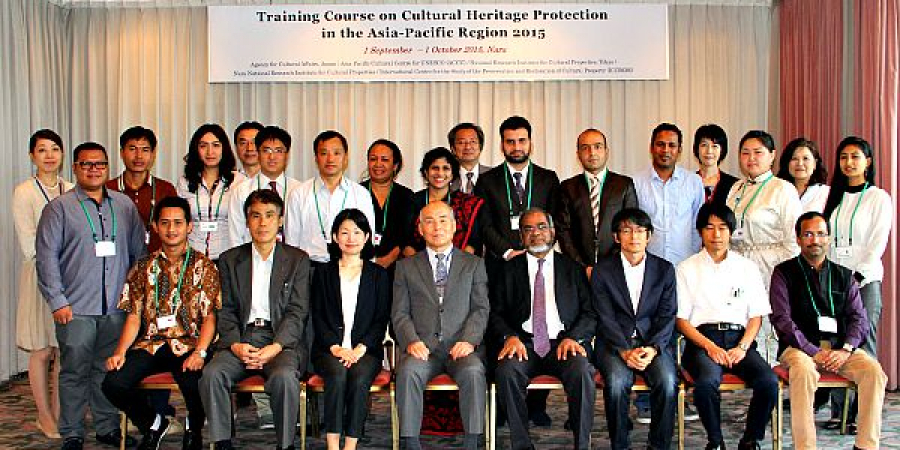El ICCROM sigue teniendo una fuerte presencia en Asia y el Pacífico gracias a sus asociaciones eficaces y de larga data. Su colaboración permanente con la Administración del Patrimonio Cultural (CHA) de la República de Corea ha permitido al ICCROM seguir cooperando con la educación, formación e investigación en materia de conservación del patrimonio cultural en la región. Como resultado, el programa CollAsia para la conservación de colecciones en el sudeste asiático ha avanzado con nuevas actividades. El ICCROM sigue atendiendo las necesidades de capacitación de la región de Asia y el Pacífico en todos los aspectos de la conservación del patrimonio, con el objetivo de promover el patrimonio como factor que contribuye al desarrollo sostenible en la región y en todo el mundo.
Gracias a su estrecha colaboración y a la generosa financiación de las autoridades japonesas, el ICCROM está en condiciones de ofrecer proyectos de colaboración basados en la experiencia japonesa en materia de rehabilitación sísmica y soluciones de refuerzo que protegen la vida humana a la vez que preservan las estructuras históricas, así como el conocimiento y la experiencia holísticos de los enfoques y técnicas de conservación tradicionales japoneses, tanto en lo que se refiere al papel como a las técnicas de conservación tradicionales.

